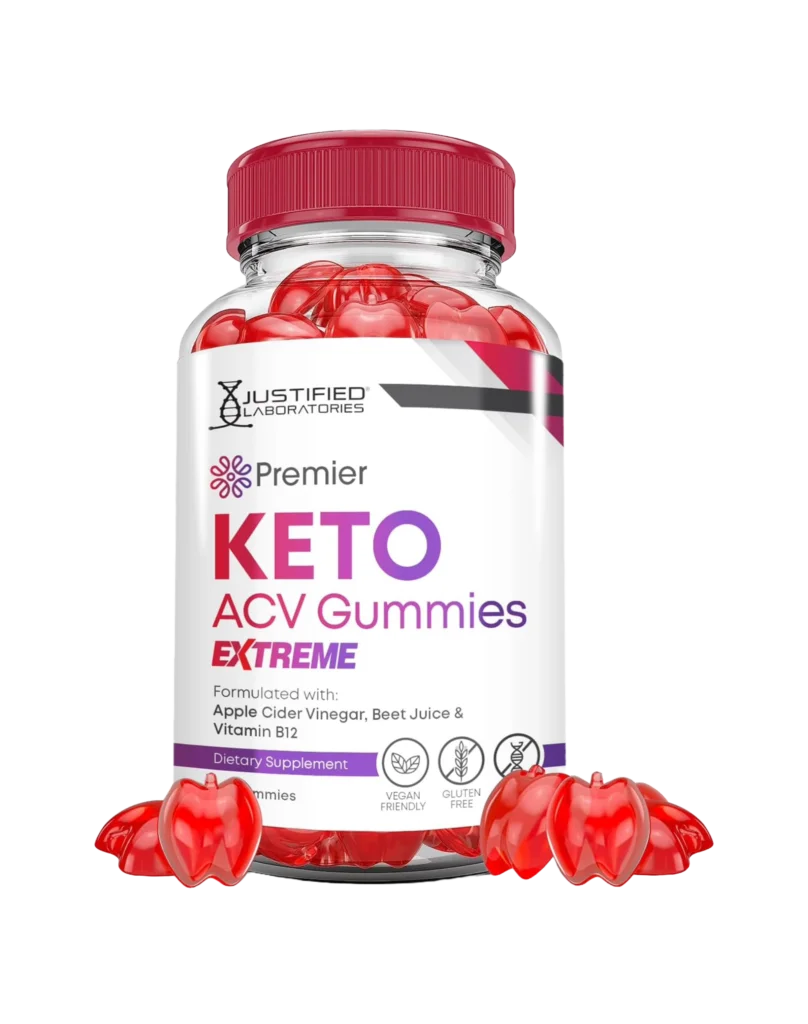When it comes to fitness, there are always the ‘magic bullet’ trends promising to make the grind easier or the results better. Pre-workout supplements are one such wonder product. But does consuming them come with the unexpected side effect of weight gain, and how does it affect overall weight management goals? In this deep-dive blog, we unpack the science and separate fact from myth.
The Science of Pre-Workout Supplements
Understanding Ingredients
Pre-workout supplements are designed to boost energy and enhance performance during exercise. Common ingredients include caffeine, beta-alanine, creatine, and various amino acids. The intended result is increased focus, endurance, and strength, enabling users to push harder during their training sessions.
Pre-Workout and Metabolism
Caffeine, a staple in many pre-workouts, is a well-known metabolic stimulant. It can increase the number of calories you burn and may also enhance fat oxidation, which means your body could potentially burn fat more efficiently during your workout.
Myth or Reality: The Weight Gain Conundrum
The Calorie Dilemma
One of the main concerns with pre-workout supplements and weight gain is the inclusion of sugars or unnecessary calories in some products. If your pre-workout contains a significant amount of calories and you’re not adjusting your overall diet and exercise routine to accommodate those, weight gain could be an unintended consequence.
 Potential Water Retention
Potential Water Retention
Another factor contributing to the scale tipping upwards post-consumption could be water weight. Many pre-workout supplements contain ingredients like creatine that can lead to the retention of water within muscle cells, potentially giving the appearance of temporary weight gain.
Common Misconceptions Addressed
The Muscle Mass Illusion
It’s essential to distinguish between weight gain from fat accumulation and weight gain from muscle development. If your workouts are more potent thanks to your supplement, the additional intensity could lead to greater muscle growth. This may, in fact, cause an increase in total body weight without a corresponding increase in body fat percentage.
The Appetite Question
Some individuals experience an increase in appetite as a response to their pre-workout, especially if it contains sugars or sweeteners. This increased hunger can lead to overconsumption of calories, resulting in weight gain over time.
Sustainable & Weight Loss
Discover The Organic Approach To Achieving
Combat weight gain, cravings, and fatigue with Premier Keto – your solution for stable blood sugar and effective weight management.
90-Day Money Back Guarantee
Navigating Pre-Workouts for Your Fitness Goals
Tips for Utilizing Pre-Workout Supplements
If weight management is a primary concern, be critical of what’s in your pre-workout. Opt for low-calorie or calorie-free options if possible. Timing is also crucial—taking a pre-workout too close to bedtime could disrupt your sleep, which is linked to weight gain and improper recovery.
Balancing Act
Remember, supplements are just that—meant to supplement a well-rounded fitness and nutrition strategy. The science may support their benefits, but it’s essential to weigh these against any potential drawbacks, especially in relation to your unique body and lifestyle.
Conclusion: The Verdict on Pre-Workout and Weight
Pre-workout supplements can be a helpful tool in your fitness arsenal, potentially aiding in burning fat and increasing muscle mass. However, their role in weight management is nuanced. Consumers must be informed and discerning regarding the products they use, how they fit within their overall dietary strategy, and any unintended side effects such as increased appetite and water retention that could lead to weight gain.
Common Questions on Pre-Workouts and Weight
While the ingredients in some pre-workout supplements can support weight loss, this is not a one-size-fits-all answer. The key to weight loss is a calorie deficit, and pre-workouts can simply act as a supporting tool to help you train at a higher intensity, thereby potentially burning more calories.
The decision to include a pre-workout in your weight loss strategy should be made with awareness of the product’s composition. Look for options that offer energy without added sugars or unnecessary calories and consider the potential impact on your appetite.
Long-term weight management is more a function of lifestyle habits than individual supplements. Using pre-workouts responsibly—ensuring they complement rather than hinder your overall health and fitness regimen—should not lead to long-term weight gain. However, if the supplements lead to consistent overconsumption of calories, there could be a long-term impact on weight.
In the end, the conversation around pre-workout supplements and weight gain is highly individualized. While these products can certainly play a positive role in one’s fitness and performance, understanding the ingredients and how they may affect your body is vital. Always remember to consult with a healthcare professional or dietitian before making significant changes to your supplementation routine. And most importantly, a holistic approach to your fitness, including regular exercise and a balanced diet, will always be the most dependable path to your weight goals.







